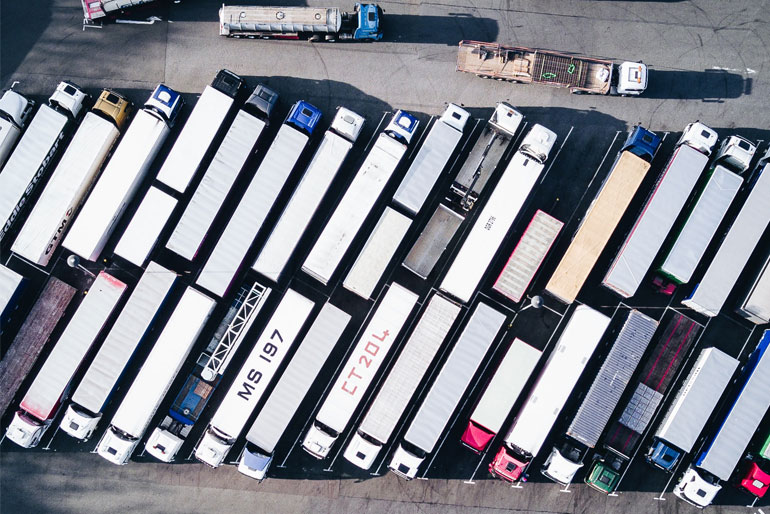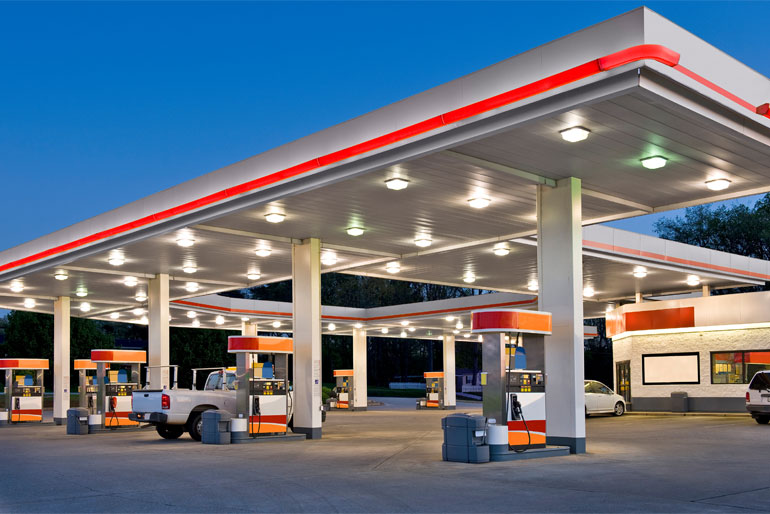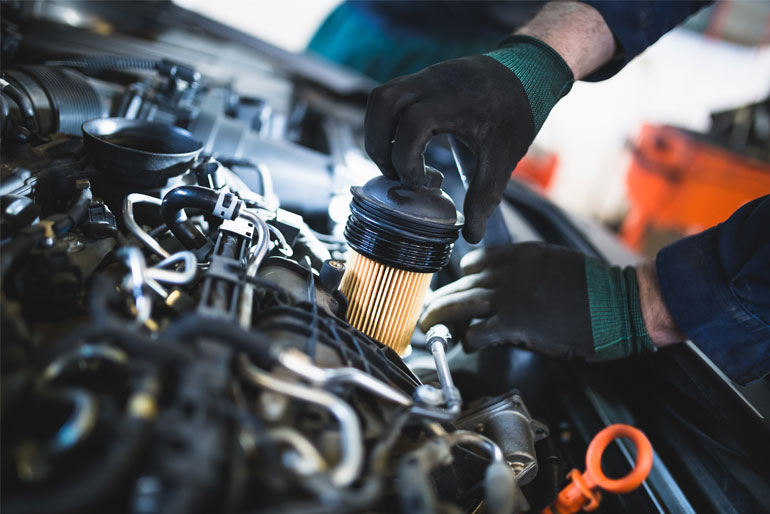If a fuel tank has dirt or impurities, the fuel filter ensures contaminants don’t get to the engine or clog fuel injectors. Most vehicles require fuel to run efficiently. Since diesel or petrol should be supplied in metered amounts, anything that impedes the flow causes running issues. Discover how fuel filters work and their benefits.
What Is the Purpose of Fuel Filters?
The main role of a fuel filter is to filter dirt and impurities in the fuel tank and prevent it from moving toward the engine. Contaminated fuel clogs the injector, impeding fuel flow to the car engines. The fuel distribution system on modern engines has tight tolerances and is easily blocked. Hence, any fuel contamination can be costly and cause serious running issues. That’s why you need to replace the fuel filter regularly.
Older vehicle engines like carburettor-fed ones have fuel distribution systems with wider jet openings compared to a fuel injection nozzle. That’s why they are less fussy with fuel. However, if the fuel injection system becomes clogged, you will still experience problems. In a vehicle with a carburettor, a clogged filter manifests as a stumble or loss of power. Water contamination in diesel engines is also a major issue since diesel floats on water. Fuel filters usually have a drain tap at the bottom that allows water to be drained off.
Does a Fuel Filter Affect Performance?
A fuel filter is made from crepe paper, which enables it to filter water and impurities in the fuel. Some filters are made of simple plastic or metal containers with fuel line connections and a filtration medium. The filter should be replaced regularly and not serviced. Another type of fuel filter is the cartridge-style filtration medium housed within a metal container that can be opened to replace the filter. Some newer cars don’t have a filter; instead, they have a strainer attached to the fuel pump in the tank.
When your vehicle’s fuel filter is clogged or defective, you will have difficulty starting the car. The car won’t start if the filter isn’t replaced in time. A clogged fuel filter can prevent the engine from getting enough diesel or petrol, causing a rough idle or misfire. If you are driving a car with a fuel filter past its prime, you will likely experience vehicle stalling and loud noises from the fuel pump.
How often should you replace your fuel filter? While changing the diesel or petrol filter with every oil change is unnecessary, the mechanic should check the fuel filter. It is advisable to replace a petrol filter every 50,000 kilometres, while diesel filters are changed at 30,000 kilometres.
What Are the Benefits of Fuel Filters for Vehicles?
A clean fuel filter is essential for an optimally performing engine and should be replaced during car maintenance. The main benefit of using fuel filters is to improve engine performance. Newer car models have complex fuel injection systems and require higher operating pressure. Fuel filters also prevent clogging of injectors; even a small amount of debris or rust can destroy the fuel injector, which is costly to replace. You can improve your car’s overall performance with a clean fuel filter, from fuel efficiency to speed and power. Besides, replacing the fuel filter is more affordable than changing the fuel injector system.
Conclusion
While a fuel filter may seem insignificant, its functions are crucial for a health and well-functioning engine. Without a filter, your vehicle will have problems like engine wear, blocking of injectors, and corrosion that leads to a chain reaction of different failures.







